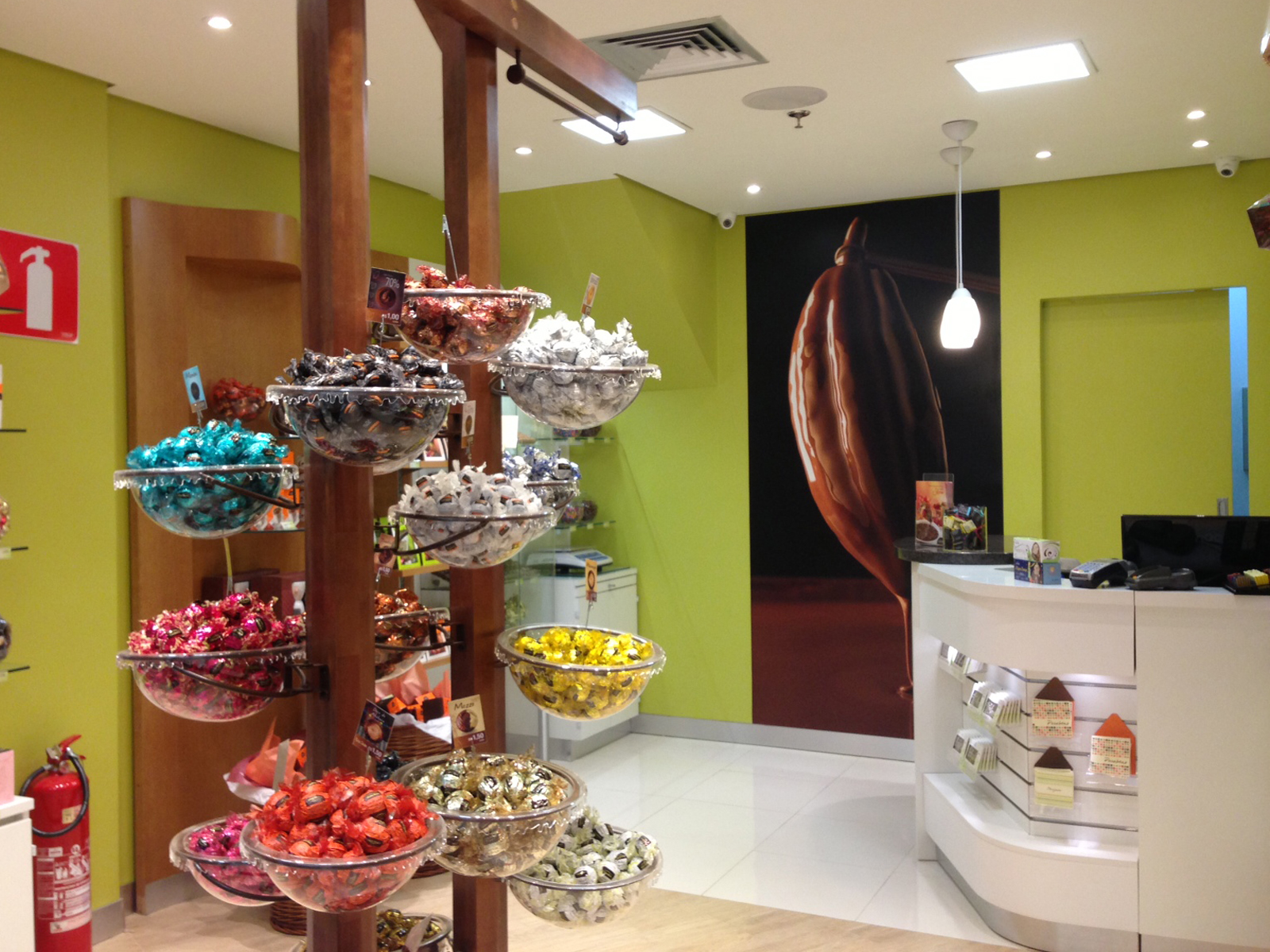Commentary
Small is the Next BIG Story by Pam Danziger, Unity Marketing
Mar 10, 2016
Shopping malls are becoming the 21st century version of ghost towns. While mall owners blame the trend on the closing of anchor stores, like Macy’s, JC Penney and Sears, the real reason behind the demise of malls is that shoppers have lost interest. Since 2010, more than two dozen enclosed shopping malls have closed, and an additional 60 are on the brink. By 2025, an estimated 15% or more malls will be closed or repurposed, according to projections by Green Street Advisors.
More of the Same
Responding to the loss of mall business, big-box retailers figure the way out of the box is to reduce the box size. So Target is launching new smaller-sized stores under the CityTarget name. Likewise, Walmart continues to introduce smaller-scale stores as it seeks to expand into urban locales. Big-box retailer Best Buy is focused on its “community-oriented retail” concept with a smaller-is-better philosophy. But the downsizing efforts of these big boxes are not the big story that I am talking about. You can make a Target, Walmart or Best Buy store smaller in size, but you can’t make them smaller at heart.
Today, the sameness and ubiquity of the big-box store experience is beginning to show fatigue. Walk through any of the nation’s one-thousand-plus enclosed malls and you might notice they all look much the same. Filled with the same stores, offering the same merchandise at the same “sale” price; it’s too much of the same thing. Consumers are beginning to look for something new and different, and they are finding it on “Main Street” not in the malls.
Abandoning Malls for Main Street
Main Streets and the independent retailers that thrive there are on the cutting edge of a shift in retailing. While the Great Recession took out a wide swath of retailers — economic natural selection at work — the successful retailers that remain represent the best and brightest. They have come through the worst and emerged onto the other side stronger, smarter and more resilient.
A number of economic, cultural, and demographic trends are aligning to make the next ten or so years a strong and potentially prosperous one for small independent local retailers who deliver new, different, personalized, specialized retailing experiences that no large national retailer can ever hope to achieve. Why? Because consumers today, from aging Baby Boomers to young Millennials, are looking for a more personal shopping experience. These consumers with heightened expectations demand a true customer-centric retailing experience in the way that today’s specialty independent retailers deliver it; by both necessity and design.
As much as they give lip service to attentive customer service, the big national retailers operate their business principally focused on selling products, not selling an experience. However, product alone no longer sets a retailer apart. Product — good product, and even quality product at really attractive prices — is available anywhere and everywhere. Shoppers today are Internet savvy; they only need to go to the store to get products if they want to. Faster delivery from all categories of online retailers has made that trip of necessity a notion of the past.
Affluent shoppers have the money and willingness to spend
Also consider the increasingly affluent customer base that gives specialty independents an edge. These stores generally sell things people desire, not just what they need. And the independents tend to cater to that sense of reward fulfillment, emblematic of affluent customers with discretionary dollars.
While the middle class lost its spending power in the recession and has yet to recover, the affluent, defined as those at the top income quintile of the economy which starts just slightly above $100,000, have the incomes on which specialty independent retailers rely. The affluent are pragmatic shoppers; practical about buying commodities from mass-merchandisers, and passionate about fulfilling their desires in smaller shops where they know store owners and staff. They demand to be treated with a high level of personal service, and expect a differentiated, experiential sell.
The most successful specialty independent retailers operate in a rarefied realm. With a focus on serving the customer holistically, rather than just satisfying their product needs, specialty retailers can make the shopping experience relevant and personal for each and every customer. They can achieve a level of intimacy with customers that no mass retailer can.
What’s Next
Over the next ten years, independents will thrive as multi-generational customers cut back on the one-size-fits-all approach of mass retail and the sameness that it engenders. Customers will seek these smaller stores for different reasons, based on their socio-economic, psychographic and demographic outlooks. The next decade will see a great winnowing down, restructuring, and right-sizing of mass-market retail, which will give a new opportunity to independent specialty retailers… as long as they get it right.
Today’s retail environment is ripe for inspired, creative independent specialty retailers to prosper. The secret of success is the ability for them to know — really know — their customers and deliver the valuable, unique shopping experiences these demanding, savvy, eager-to-be-pleased consumers crave. It’s not just about the stuff.
Retailing today is a people business, no longer a product-focused one. In the future, retailing success will accrue to retailers that understand that how they sell is more important than what they sell.
Get the inside scoop on the next generation of the best potential customers – HENRYs (high-earners-not-rich-yet). Click this link to receive a complimentary copy of Pam’s new mini-book, What Do HENRYs Want?, revealing how to tap the potential of the next generation of shoppers.
Link http://unitymarketingonline.com/review-copy-of-what-do-henrys-want/
Pamela N. Danziger, speaker, author and researcher, is an internationally recognized expert specializing in consumer insights for marketers targeting the affluent consumer. She is president of Unity Marketing, a boutique marketing consulting firm she founded in 1992. Pam leads with research to give luxury marketers “All Access” to the mind of the affluent consumer. Pam may be reached at www.unitymarketingonline.com or call 717.336.1600.
